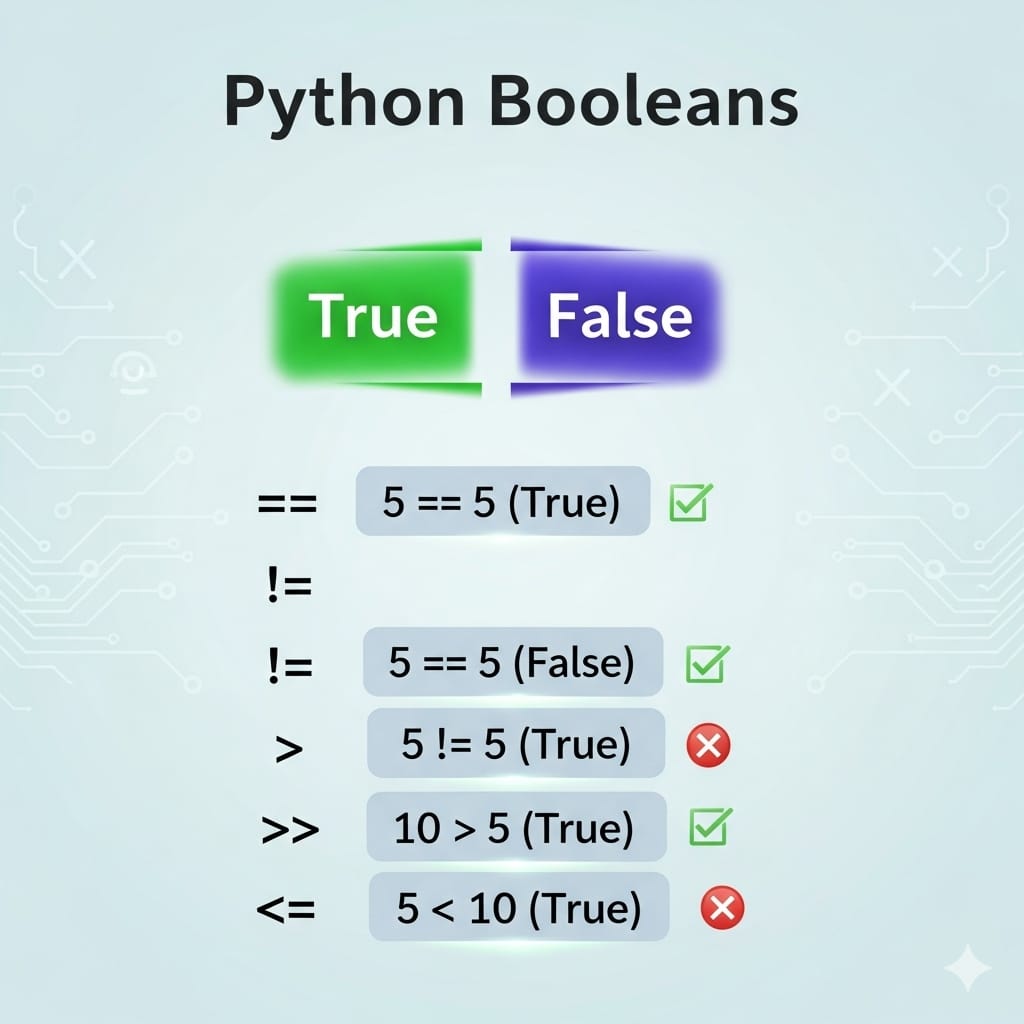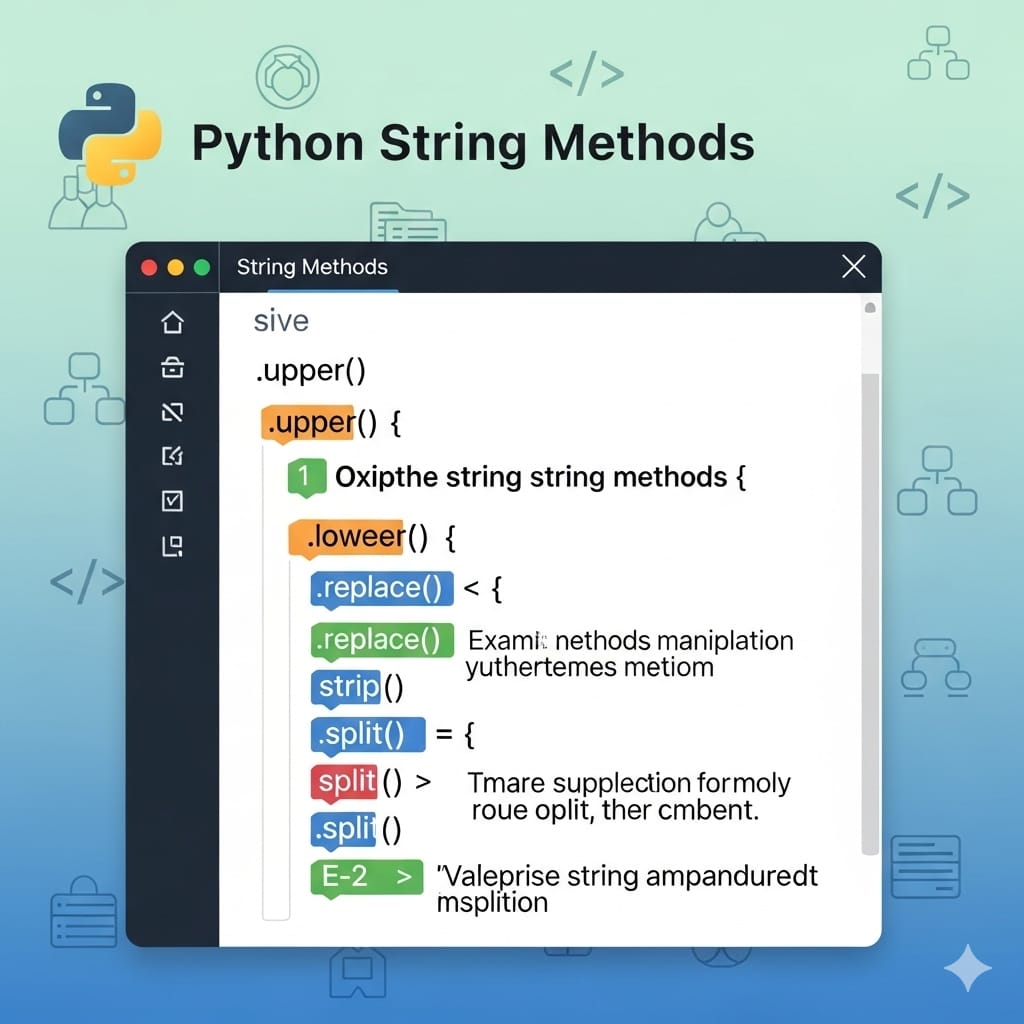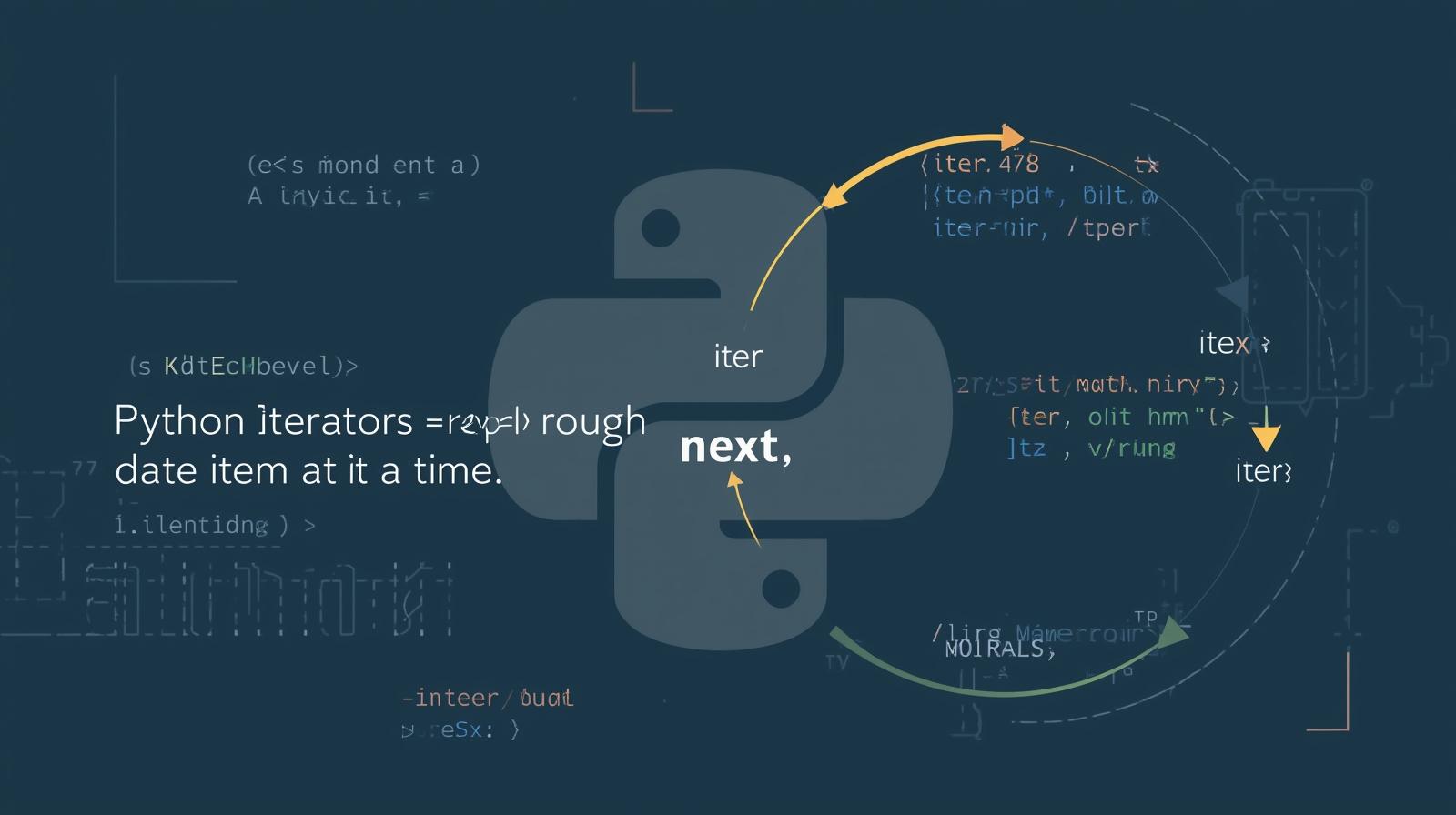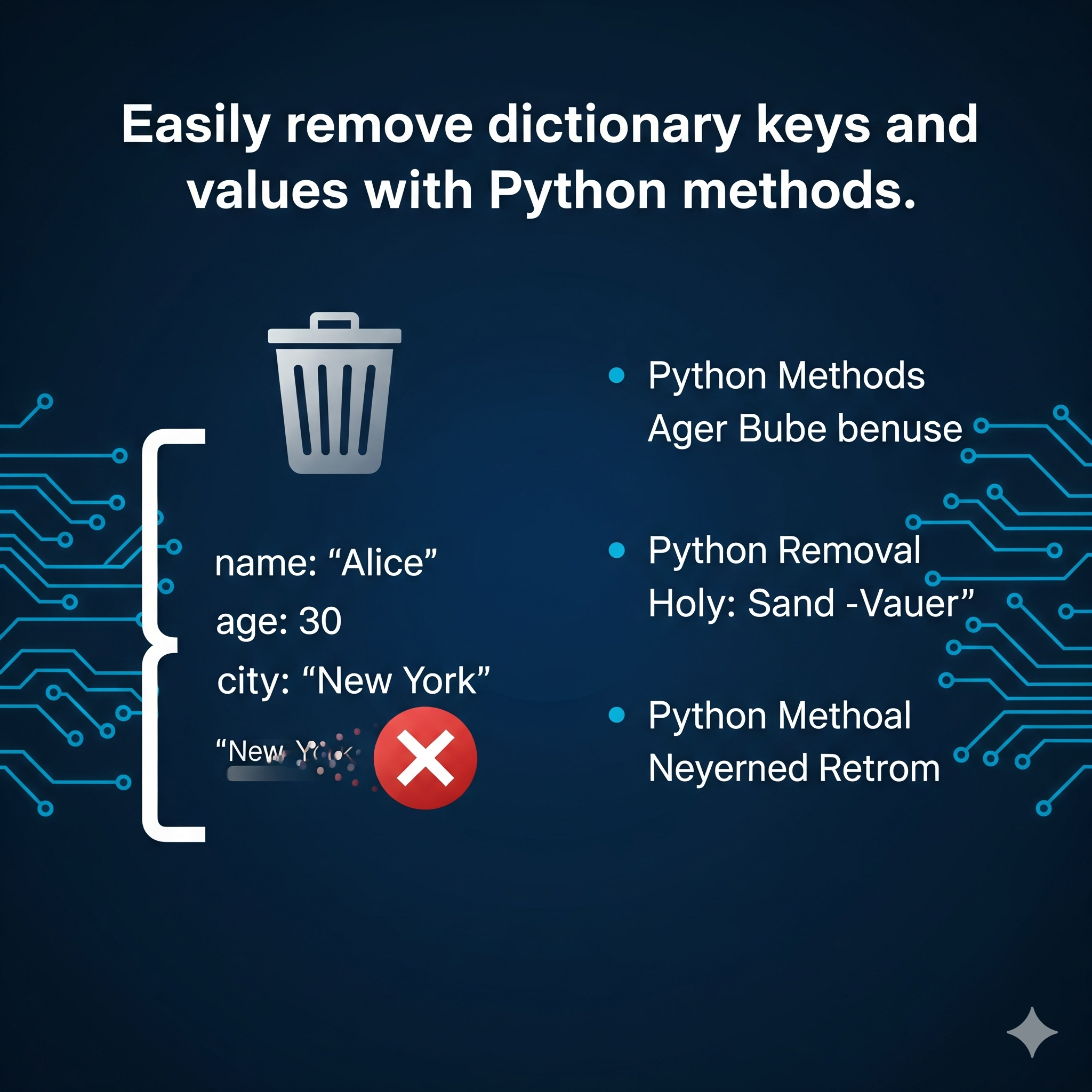Automate Boring Stuff with Python: Boost Productivity with Ease

Learn how to automate repetitive tasks with Python, from file management to web scraping. Save time and focus on what truly matters!

Introduction
Are you tired of performing repetitive and time-consuming tasks? Whether it's renaming files, copying data, or sending emails, these tasks can eat up valuable time. Fortunately, Python provides powerful automation capabilities to streamline your workflow and boost productivity.
In this blog, we will explore various ways to automate tedious tasks using Python, making your work more efficient and enjoyable.
Why Automate with Python?
Python is one of the most beginner-friendly and versatile programming languages available today. Its simple syntax, extensive libraries, and strong community support make it an excellent choice for automation. Here are some key reasons why Python is ideal for automating tasks:
Easy to Learn: Python's readability and simplicity make it accessible for beginners.
Rich Libraries: Python offers libraries like
os,shutil,requests, andseleniumto automate a wide range of tasks.Cross-Platform: Python runs on Windows, macOS, and Linux, making it flexible for various automation needs.
Time-Saving: Automating repetitive tasks allows you to focus on more meaningful work.
Common Tasks You Can Automate
Python can automate a variety of tasks, including:
1. File and Folder Management
Python can help you rename files, organize folders, and remove duplicate files using libraries like os and shutil.
import os
import shutil
source_folder = "C:/Users/YourName/Documents"
destination_folder = "C:/Users/YourName/Documents/Sorted_Files"
if not os.path.exists(destination_folder):
os.makedirs(destination_folder)
for filename in os.listdir(source_folder):
if filename.endswith(".txt"):
shutil.move(os.path.join(source_folder, filename), destination_folder)2. Web Scraping
You can use Python to extract data from websites using BeautifulSoup and requests.
import requests
from bs4 import BeautifulSoup
url = "https://example.com"
response = requests.get(url)
soup = BeautifulSoup(response.text, "html.parser")
for heading in soup.find_all("h2"):
print(heading.text)3. Automating Emails
Send automated emails using Python's smtplib and email libraries.
import smtplib
from email.mime.text import MIMEText
smtp_server = "smtp.gmail.com"
smtp_port = 587
sender_email = "your_email@gmail.com"
receiver_email = "recipient@example.com"
password = "your_password"
msg = MIMEText("Hello! This is an automated email sent using Python.")
msg['Subject'] = "Automated Email"
msg['From'] = sender_email
msg['To'] = receiver_email
server = smtplib.SMTP(smtp_server, smtp_port)
server.starttls()
server.login(sender_email, password)
server.sendmail(sender_email, receiver_email, msg.as_string())
server.quit()4. Handling Spreadsheets
Automate data entry and manipulation in Excel using openpyxl.
import openpyxl
wb = openpyxl.load_workbook("data.xlsx")
sheet = wb.active
sheet["A1"] = "Automated Data"
wb.save("data.xlsx")5. Automating Repetitive Tasks with Selenium
Use Selenium to automate web browser tasks like filling forms and clicking buttons.
from selenium import webdriver
driver = webdriver.Chrome()
driver.get("https://example.com")
driver.find_element("name", "search").send_keys("Python automation")
driver.quit()Conclusion
Python is a powerful tool that can help you automate boring and repetitive tasks, making your life easier and more productive. Whether you are handling files, sending emails, or scraping data, Python provides the right tools for the job.
Start automating today and reclaim your time for more meaningful tasks!
Have you automated something cool with Python? Share your experiences in the comments below!






















